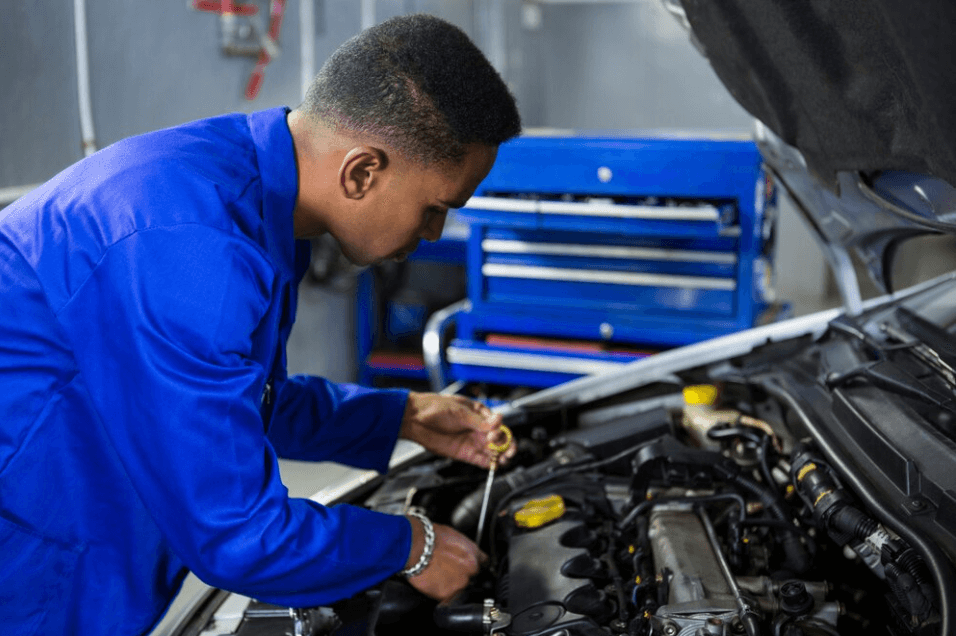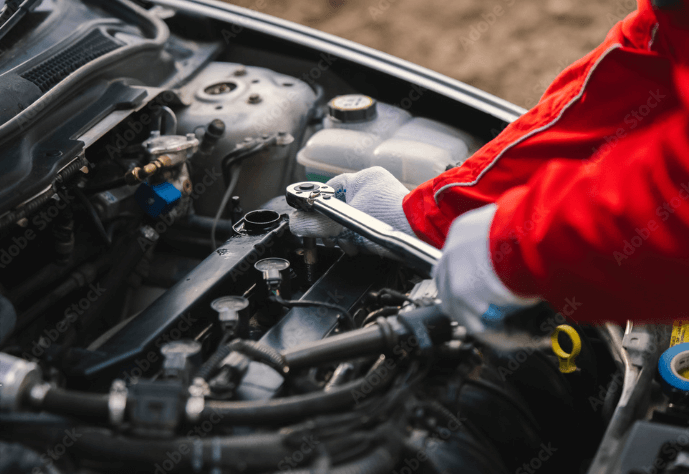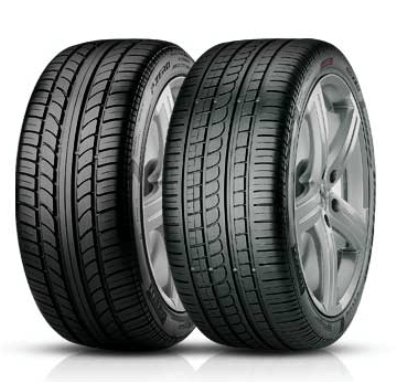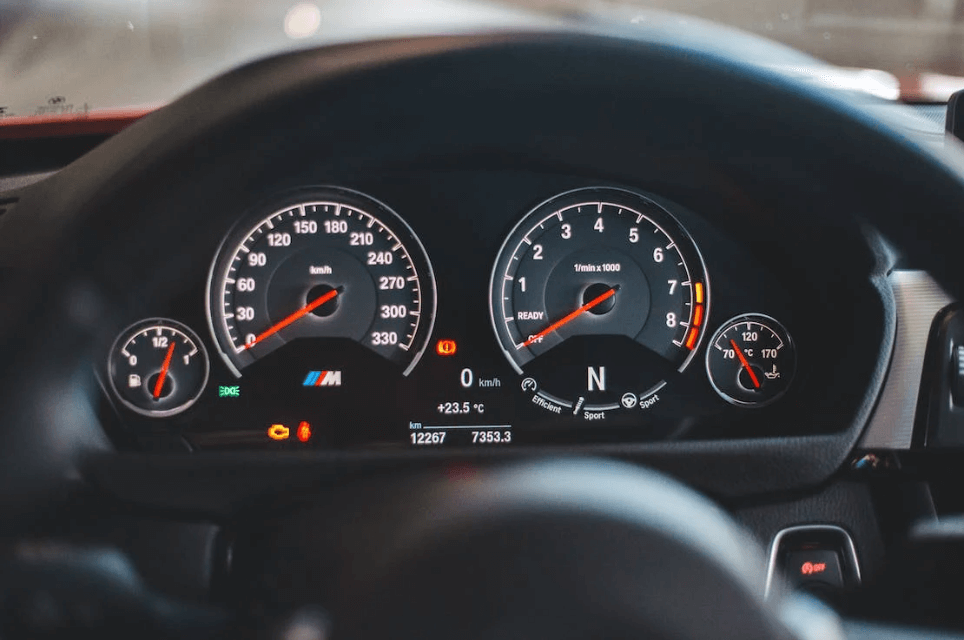You spend a lot of time in your car, whether it’s for work, a journey, or a picnic with family. You may easily forget to maintain your car between work, family, events, and journeys. You will agree with me that car maintenance, whether routine or periodic, is not just a responsibility. It’s an investment in its durability and your safety on the road. Therefore, you ask this question: What is the difference between routine maintenance and periodic maintenance? The answer will guide you on the journey of car maintenance.
In this blog post, I promise to explain in detail the routine and periodic car maintenance. I will also present a car maintenance checklist to you and discuss the benefits of cat maintenance. This information will offer you practical insights on how you can maintain your vehicles to serve you well. To avoid total breakdowns and also extend the life span of your car.
If this is all you have been longing to know about car routines and periodic maintenance, join me as I get started.
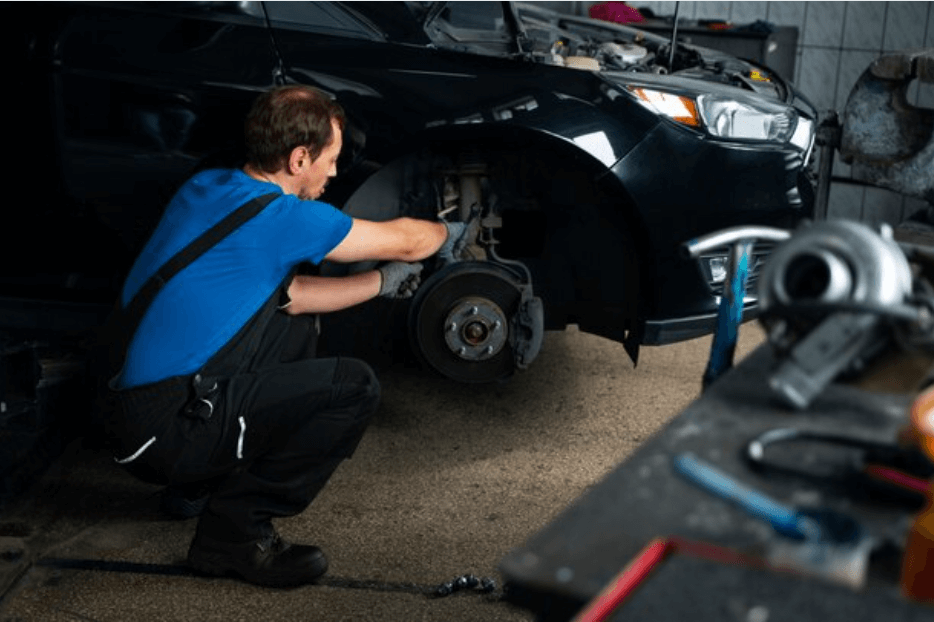
What is the difference between routine maintenance and periodic maintenance?
From my years of experience dealing with cars, there are two types of car maintenance: routine or preventive maintenance involves activities such as servicing, oiling, greasing, and inspections of a car, while periodic or time-based maintenance involves those activities performed on the car engine at a time interval.
The auspicious difference between car routine maintenance and car preventive maintenance is that the former is an activity done on your car regularly. it is a daily activity. it is done to make sure that your car runs smoothly every day. while the latter is an activity done in your car at an interval. It is also known as scheduled maintenance. it is done on cars to prevent total breakdowns.
Types of Car Maintenance
There are two basic types of car maintenance. There is routine maintenance and periodic car maintenance. I will take them one after the other and explain them.
Routine car maintenance.
Routine car maintenance, also known as preventive maintenance, is the heartbeat of your vehicle’s well-being. It encompasses regular tasks to avoid wear and tear and ensure optimal performance. It involves routine mechanical maintenance. This includes changing the brake fluid, spark plugs, and timing belts. Depending on the model, there are drive belts, fluid and air filters, and spark plugs.
Belts and hoses will eventually wear out. Rubber hoses can also expand or crack, which would result in a leak in the car. I advise you to have your car inspected when it gets close to 100,000 miles. So, the mechanic can examine the power brakes, power steering, radiator hoses, and radiator cooler.
Car owners are doing this to maintain their vehicle’s increased efficiency. Ensuring that preventive maintenance is performed on time will prevent the development of more serious issues.
Periodic car maintenance.
Periodic maintenance, on the other hand, goes beyond the basics. It involves comprehensive checks at specific intervals. Periodic maintenance refers to the scheduled and systematic inspection, cleaning, adjustment, and replacement of parts and components in a car or vehicle to ensure optimal performance and prevent potential issues. This type of maintenance is essential for the long-term health and reliability of the car. Periodic maintenance activities are typically carried out at predetermined intervals. It addresses key components and is not limited to:
- Fuel System Cleaning: Over time, deposits can accumulate in the fuel system, affecting fuel efficiency and engine performance. Periodic cleaning helps maintain optimal fuel delivery.
- Suspension System Inspections: Checking and maintaining components such as shocks, struts, and bushings helps ensure a comfortable and stable ride.
- Battery Maintenance: Battery Periodic checks on the battery, including cleaning terminals and ensuring proper connections, contribute to a reliable starting system.
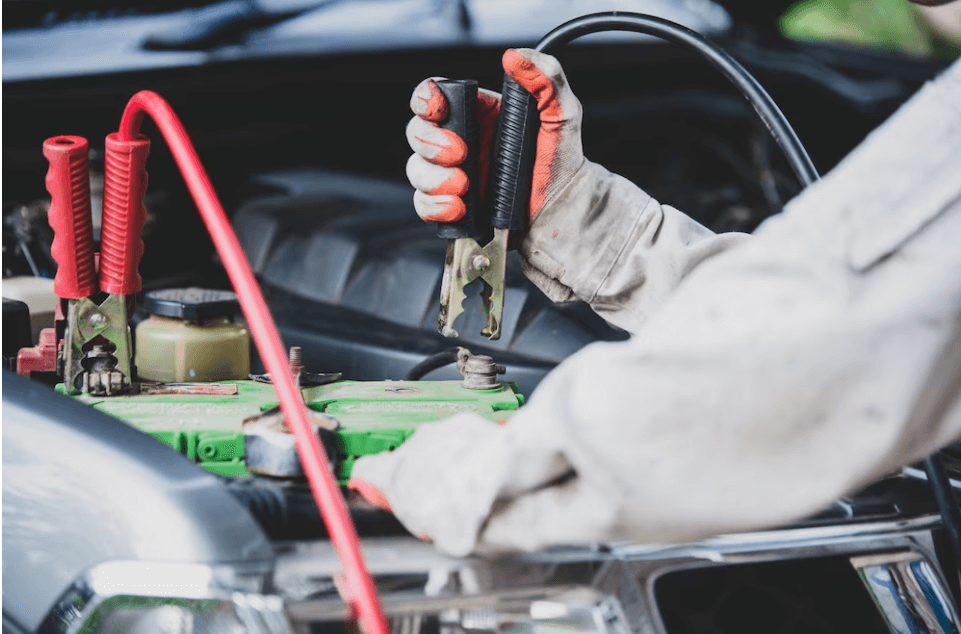
Car Routine Maintenance Checklist
A routine maintenance checklist serves as a roadmap for your vehicle’s well-being. It involves a series of simple tasks that, when consistently performed, contribute to your car’s overall wellness. Your routine maintenance checklist is presented below:
Car Routine Maintenance Checklist
| Maintenance tasks that are done at Home | Maintenance tasks that are done in the workshop | |
| 1 | Change your oil every 3000-5000 miles and use recommended oil | Do your tyres balance at 60,000 miles? Pay attention to uneven tyre wear. Check if vibration occurs. |
| 2. | Check and mind your tyre pressure limit, as it extends the life of the tyre. | Change our transfusion fluid after 45,000–6000 miles or earlier if you drive hard and frequently. |
| 3. | Change your windshield Wiper for 6–12 months and replace it immediately if streaks appear | Do your tyres balance at 60,000 miles? Pay attention to uneven tyre wear. Check if vibration occurs. |
| 4. | Clean your battery head regularly, check the battery in cold weather and change the battery after 3-5 years | Do your tyres balance at 60,000 miles? Pay attention to uneven tire wear. Check if vibration occurs. |
| 5 | Check your coolant before summer and winter, top up if necessary and change every 2–3 years | Check your clutch if you hear strange noises, and replace your clutch if it is slipping |
| 6. | Do your tyres balance at 60,000 miles? Pay attention to uneven tyre wear. Check if vibration occurs. | Change the spark plug every 20,00 miles. Use the factory-recommended model. |
| 7. | Change the interior and air filters regularly, clean the interior filters yearly, and change them more frequently in cases of poor air quality. | Get your car inspected regularly, and follow the manufacturing inspection interval. |
Benefits of Car Maintenance
There are so many benefits we can get from routine and periodic maintenance. They are numerous.
- Prolonged Vehicle Lifespan
Regular maintenance significantly contributes to a prolonged vehicle lifespan. By addressing minor issues promptly and keeping your car in optimal condition, you extend its longevity.
- Improved Performance
Routine maintenance enhances the day-to-day driving experience. A well-maintained vehicle delivers better fuel efficiency, smoother rides, and improved handling, making your driving experience more enjoyable.
- Enhanced Safety
Safety should always be a top priority. Maintenance plays a pivotal role in ensuring your vehicle’s safety systems, brakes, and tyres are in excellent condition, contributing to overall road safety
Advantages of Routine Car Maintenance
Below are the three advantages of routine car maintenance:
- Cost-Effective Prevention
One of the significant advantages of routine maintenance is cost-effective prevention. Regular checks allow you to identify and address potential issues early, preventing them from escalating into costly repairs.
- DIY-Friendly Tasks
Routine maintenance often includes tasks that car owners can perform themselves. This empowers you to take an active role in your vehicle’s care, saving money on basic maintenance tasks.
- Consistency and Predictability
The regularity of routine maintenance schedules brings consistency and predictability to your vehicle’s care. It creates a rhythm that helps you stay ahead of potential issues and maintain a proactive approach to car maintenance.
Advantages of Periodic Car Maintenance
- Preventive Measures Against Major Issues
Periodic maintenance serves as a preventive measure against major issues. Conducting comprehensive system checks helps to identify potential problems. And address them before they become significant, averting costly repairs.
- Comprehensive System Checks
Periodic maintenance involves thorough inspections of critical components. It ensures that your vehicle’s intricate systems are functioning optimally. This comprehensive approach helps identify issues that routine checks may overlook.
- Manufacturer-Recommended Intervals
Car owners have to follow manufacturer-recommended intervals for periodic maintenance. This is crucial for optimal performance. Manufacturers give you guidelines to keep your vehicle in top shape and ensure durability and reliability.
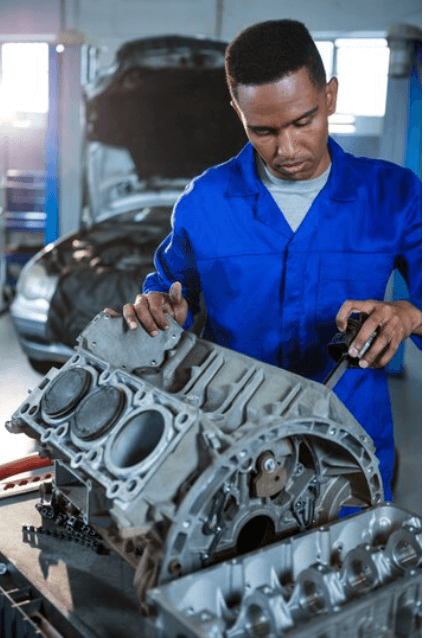
Disadvantages of Periodic Maintenance
- Immediate Costs of Periodic Maintenance
While periodic maintenance provides preventive measures, there are immediate costs associated with comprehensive checks. It’s essential to weigh these expenses against the potential long-term savings.
- Potential Neglect of Routine Tasks
Balancing periodic checks without neglecting routine maintenance tasks is critical. Focusing solely on periodic checks may lead to overlooking the immediate needs of your vehicle.
- Time Investment for Comprehensive Inspections
Periodic maintenance, with its comprehensive inspections, may require more time than routine checks. Managing the duration of these sessions is vital for incorporating them into your overall maintenance strategy.
The secret to a long-lasting and healthy vehicle in auto maintenance is striking the correct balance between routine and periodic care. Regular checks and consistent maintenance contribute to the durability of your car. Also, consider the safety and enjoyment of your driving experience.
It’s generally clear that routine and periodic maintenance are complementary aspects of caring for your vehicle. Embrace both to strike a balance that ensures your car’s well-being for years to come. Take charge of your car’s health, and remember: a well-maintained vehicle is a reliable one.
You can also read: What are the items to be included in routine maintenance? 10 Items Expertly Discovered
If you intend to be proactive in car maintenance, explore my blog for more tips, guides, and insights to keep your vehicle in optimal condition. Your car deserves the best care, and you have the power to provide it. Start today for a smoother, safer, and more enjoyable ride tomorrow. Drop your comments, questions and suggestions in the comment section below.

With Over 7 years of experience dealing with car owners as a car lease agent, I have gained matchless car knowledge to help every car owner know what exactly is wrong with their cars.

